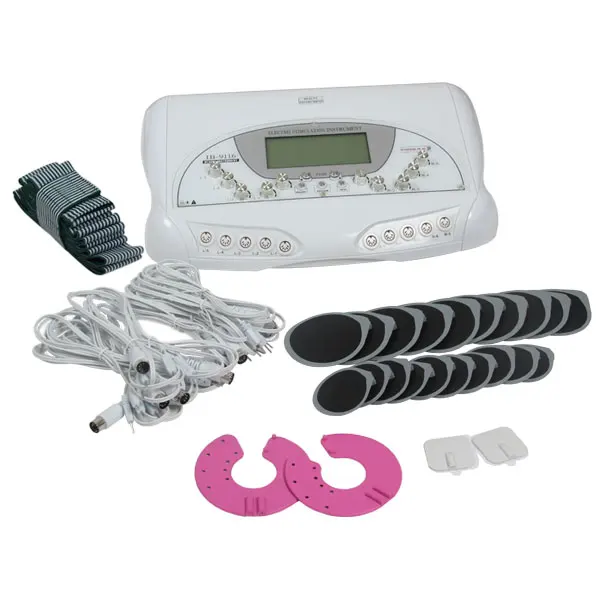The Integrating Traditional Therapies with Modern Technology: The Promise of Cranial Electrotherapy Ideas

Debunking Fallacies About Cranial Electrotherapy: Splitting Fact coming from Fiction
Cranial Electrotherapy Stimulation (CES) is a non-invasive treatment that has gained popularity in current years. Despite its enhancing usage and efficiency, there are still numerous misunderstandings surrounding this procedure. In The Most Complete Run-Down write-up, we are going to unmask some of the very most typical fallacies regarding cranial electrotherapy and distinct truth from myth.
Fallacy #1: Cranial Electrotherapy is Uncomfortable
One of the greatest misconceptions about cranial electrotherapy is that it is excruciating. Nevertheless, this cann't be additional coming from the fact. CES entails the make use of of low-level power currents to induce specific places of the human brain, which may help minimize indicators such as anxiety, depression, and sleep problems. The electrical currents made use of in CES are extremely light and mild, leading to little to no discomfort for clients undertaking therapy.
Belief #2: Cranial Electrotherapy is Unsafe
One more misconception encompassing cranial electrotherapy is that it presents a danger to one's health and wellness. In truth, CES has been extensively analyzed and located to be safe when used as pointed through a healthcare expert. The electrical streams used in CES are well listed below degrees that could possibly induce any type of danger or damages to the human brain or other crucial organs. As along with any type of clinical therapy, it is crucial to comply with proper guidelines and speak to along with a healthcare qualified prior to beginning cranial electrotherapy.
Misconception #3: Cranial Electrotherapy is Inadequate
Some skeptics say that cranial electrotherapy does not offer any sort of genuine perks and that its results are solely inactive medicine. Having said that, many research studies have revealed or else. Analysis has demonstrated that CES may be helpful in minimizing symptoms of stress, anxiety, sleep problems, and also constant pain. Furthermore, numerous individuals have disclosed substantial improvements in their general well-being after going through cranial electrotherapy sessions.

Myth #4: Cranial Electrotherapy Only Works for Certain Conditions
There is a popular false impression that cranial electrotherapy is just efficient for specific disorders. While CES has presented appealing results in dealing with stress, clinical depression, and sleeping disorders, its benefits are not limited to these problems. Cranial electrotherapy may also be advantageous for people dealing along with stress and anxiety, state of mind conditions, substance misuse, and also post-traumatic stress and anxiety condition (PTSD). It is significant to take note that the effectiveness of CES may vary from individual to person.
Belief #5: Cranial Electrotherapy is Pricey
In contrast to prominent view, cranial electrotherapy does not have to be pricey. While the preliminary price of a CES tool might seem to be higher, it is a one-time expenditure that can give long-term benefits. Also, lots of medical care companies deliver cranial electrotherapy as part of their procedure choices and some insurance coverage planning may deal with the price of treatment. It is constantly worth exploring different options and covering possible remittance plans along with your healthcare company.
In final thought, there are actually numerous myths surrounding cranial electrotherapy that need to have to be exposed. The reality is that CES is a safe and successful treatment when made use of as routed through a healthcare specialist. It has been revealed to give alleviation for several disorders such as stress, clinical depression, sleeping disorders, and severe discomfort. Through dividing reality from fiction and understanding the true perks of cranial electrotherapy, individuals may produce informed choices concerning their procedure possibilities.
Keep in mind to speak with with a healthcare qualified prior to beginning any type of brand new health care therapy or therapy.
800 phrases
